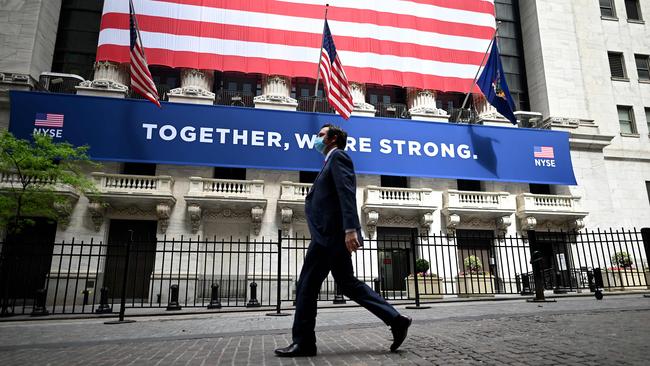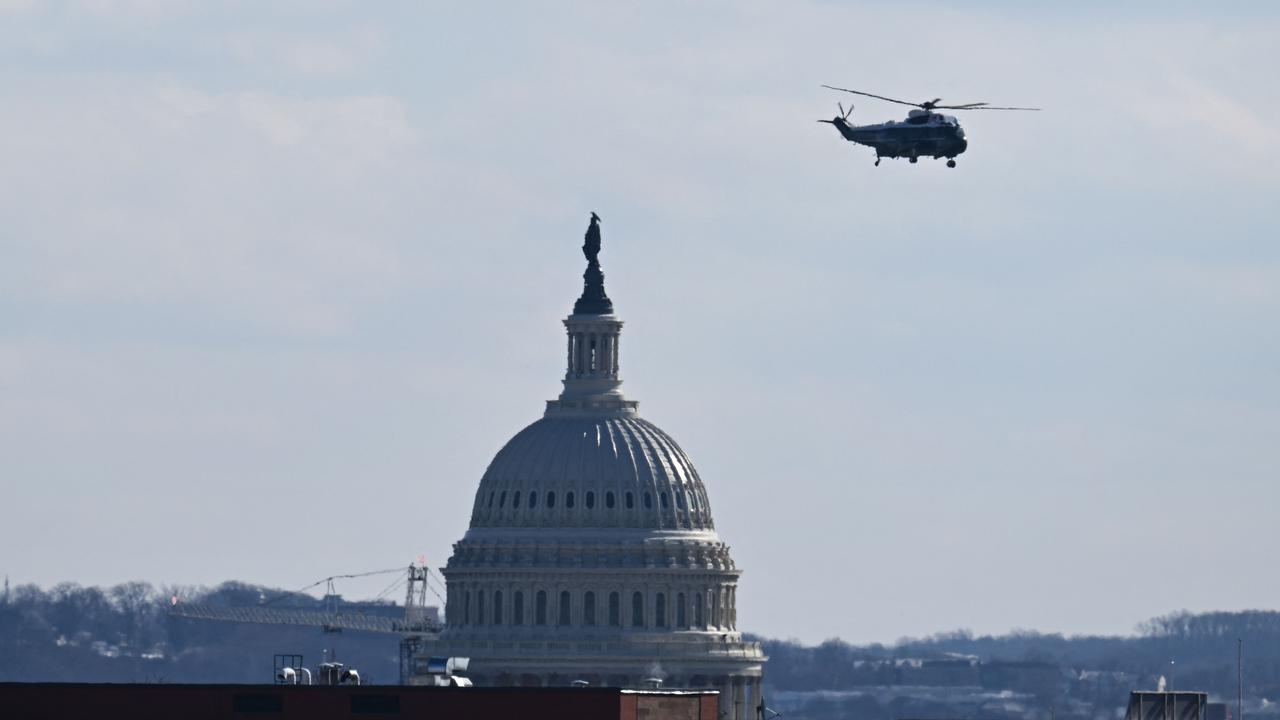Coronavirus will change the world, but how exactly?
Amid the COVID-19 crisis, here are five areas of uncertainty that leave the world on the edge of major changes.

Boardrooms and newspaper columns are full of speculation about how different the world will look once COVID-19 is defeated. Investors are placing bets based on long-term winners and losers.
But the uncertainty around what will count as normal runs deep on every question, while history suggests judgments at the time of major events are frequently wrong. I’ve been thinking about five of the major shifts that could take place — and why they might not. I don’t have the answers — thus the uncertainty — but laying them out is a way to be prepared when the shifts happen.
1. Will we become more collectivist, trusting governments to direct resources more than in the past?
Governments have stepped in everywhere to support workers and companies struggling under the lockdown. Voters accustomed to handouts are rarely happy to relinquish them. At the same time there has been a groundswell of community spirit, a willingness to help elderly neighbours and clap for healthcare workers.
Government intervention might be the new normal. It is no longer an article of faith that failing businesses should fail, and politicians won’t be able to hide behind the mantra of free markets when faced with calls to rescue an important company.
The flip side is that we might all be thoroughly fed up with the government setting rules for our personal behaviour more usual in a theocracy. Add on the higher taxes that higher spending eventually entails, and there will be opposition.
The obvious example is healthcare. Will Americans be pushed into accepting a single-payer healthcare system, that gives everyone access to a doctor? If they are, that will be the mark of a broader leftward shift and much wider government intervention. However, I doubt that even the COVID-19 experience will make the wealthy want to subsidise healthcare for the poor — just as mass shootings do nothing to change policy on gun control.
2. Is moral hazard dead?
The Federal Reserve has rendered hyperbole obsolete with its purchases of junk bond exchange-traded funds, while government support has saved many companies that would have failed.
Free marketeers worry that such rescues distort incentives, encouraging CEOs to throw caution to the wind and make big debt-backed bets. Heads, investors win; tails, governments bail them out.
The push back to this argument is that the exact opposite might also be the result of the coronavirus crisis. Companies that had solid cash positions, little debt and secure access to liquidity lines from banks have been the best performers. Stocks of leveraged companies have crashed, taking executive bonuses with them. Perhaps the lesson for CEOs will be to be more circumspect in starting big projects — like they were after past big recessions.
My guess is that corporate and investor incentives haven’t changed much, because the government and Fed stepped in as insurer of last resort for a one-in-100-year event. But if the central banks fail to withdraw from their unprecedented measures, investors would probably assume that they are desperate to support markets at any cost. That does encourage more risk-taking, more debt and potentially a deeper downturn in the next recession.
3. How will consumer behaviour change?
We all know someone who insists they will try to avoid flying, socialising or going to the office for a long time. Equally, many of us are desperate to see friends and colleagues, go to the gym or theatre and get a view of more than just our local park. Part of the answer depends on medical developments, as a vaccine or cure would surely speed a return to normal activities. Part depends on age, with the old and vulnerable likely to be more cautious. Ultimately I suspect changes won’t be deep and long lasting; mask-wearing and a deeper interest in animal viruses rather than the end of all partying.
4. Will we demand more action from companies beyond merely making money?
There has been a backlash against “profiteering” from shortages of masks and hand wash; rather than prices being set by supply and demand, suppliers have been shamed into keeping prices down. Similarly, many companies have gone beyond what is required by law to try to protect workers (others, including Amazon, have faced a backlash from unions and foreign governments for not doing enough). A wider application of the principle is the ESG movement, which pushes for environmental, social and governance changes by companies even when they don’t help profits.
One plausible outcome of the coronavirus crisis is that we become more willing to make sacrifices now to avoid another planet-wide disaster, such as global warming. Activists are already campaigning to “rebuild better” in the recovery. Equally plausible is that a poorer population will be even less eager to accept higher costs to reduce carbon.
5. What happens to geopolitics?
There are plenty of doom-laden scenarios that seem much more likely now. A new era of nationalism starting a full-on cold war between the US and China. The end of globalisation. An emerging markets collapse that brings back the old populist economics and ruins their growth.
Investors shouldn’t jump to conclusions, however, because geopolitics is hard to predict. Perhaps the single worst piece of geopolitical analysis ever was calling WW1 the war that will end war. But it is always hard to see what will follow; no one thought in 2008 that anger at the bank bailouts could combine with images of refugees from a Middle Eastern war to encourage Brexit.
Geopolitics can have less damaging outcomes, too. Europe appears to have used the crisis to take the next step towards deeper integration by proposing significant central debt issuance. If it is approved — not certain, but backed by both France and Germany — it would improve the prospects of the euro.
Investors should be humble about their ability correctly to answer any of these questions.
The Wall Street Journal


